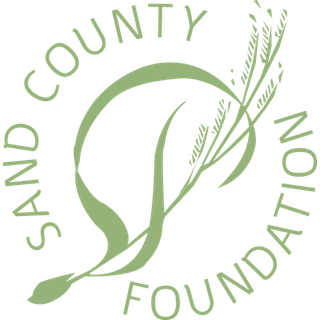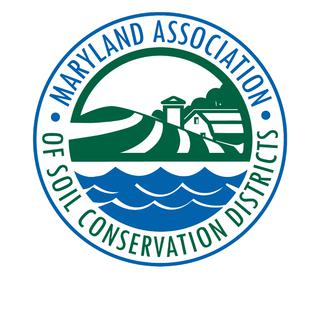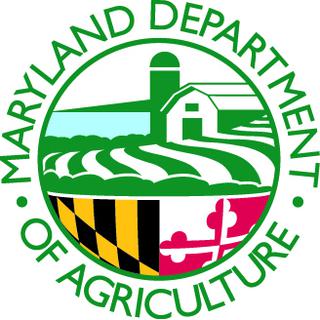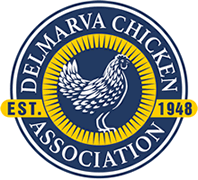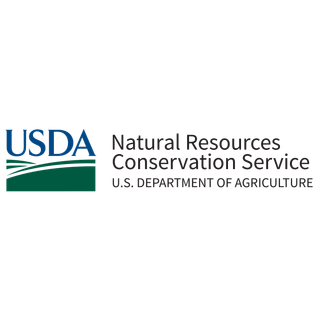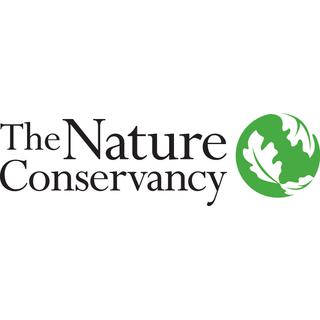This is a story of a farm bisected by a creek, and a farming career bisected by an injury.
Growing up on a dairy farm along a Chesapeake Bay tributary named Linganore Creek, David Burrier always knew he wanted to be a farmer.
His father divided the farm’s large crop fields into narrow contour strips to prevent soil erosion. The steeper the slope the narrower the strip. When his father told him that a shovel of soil lost to erosion could not be replaced in a lifetime, those words left an impact.
David began farming on his own in 1976 by renting farmland and doing custom work for neighbors. After considering the labor and equipment required for conventional tillage, he grew his first crop of corn with no-till practices. Being an early adopter of conservation practices often requires innovation. David devised his own 11-row no-till soybean planter by combining two corn planters in the 1980s.
With each growing season he saw less erosion and more nutrients staying in place, but no-till was not a silver bullet for efficient crop production. David addressed soil compaction next. He learned not to plant or harvest when it was too wet. Whether entering or exiting a field, or loading a truck, he always chose a different location, and he never turned around in a field. Just as his father did, David installed grass waterways on his leased farmland to collect sediment and protect water quality.
Tragedy struck in 1985 when David suffered a severe back injury. He was partially paralyzed following two unsuccessful surgeries, and by 1993 he was totally immobile. It was then his farming career came to a halt. He stopped renting farmland, and with some initial apprehension went to work for a fertilizer company.
For nearly a decade, David, a detail-oriented agronomist and self-described “numbers guy” took pride in helping dairy farmers up their agronomic game by knowing the nutrient needs of his clients’ 30,000 acres.
Life soon took another unexpected turn. David calls it a miracle that a surgeon was found who could repair his back. Decades after he had begun farming on his own, David and his wife Belinda purchased the 109-acre farm he grew up on in 2004. After renting some more farmland, David left his job and followed his passion to farm again in 2007.
They both took on leadership roles in a variety of agricultural organizations, cooperatives, and foundations, including Belinda’s tenure on the executive committee of the United Soybean Board.
David didn’t miss a beat in his management of 900 acres of hay, corn, soybeans, and wheat. The use of cover crops and other conservation practices doubled the amount of organic matter on his fields, which improves water infiltration, improves soil health, and naturally suppresses weeds.
As for Linganore Creek that bisects the farm, the Burriers kept a former cattle pasture in permanent grass as a buffer between the creek and crop fields. They had an independent lab take monthly water samples at both ends of the farm. The water was cleaner when it left the Burrier farm than when it entered it. Eventually the lab recommended discontinuing testing because all levels of nutrients were too low to measure.
It's an example of how those with the patience and ethic for conservation can eventually see amazing results. It’s a lesson David knows well.
